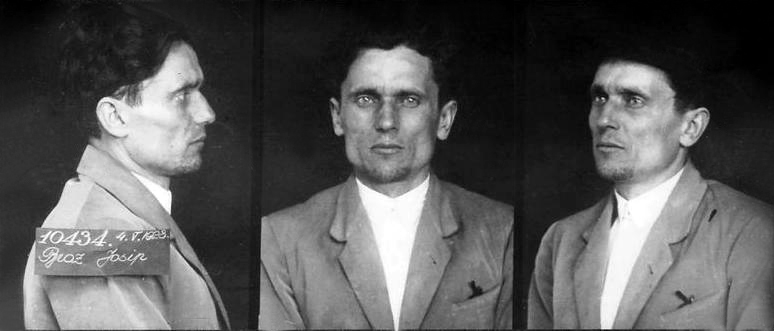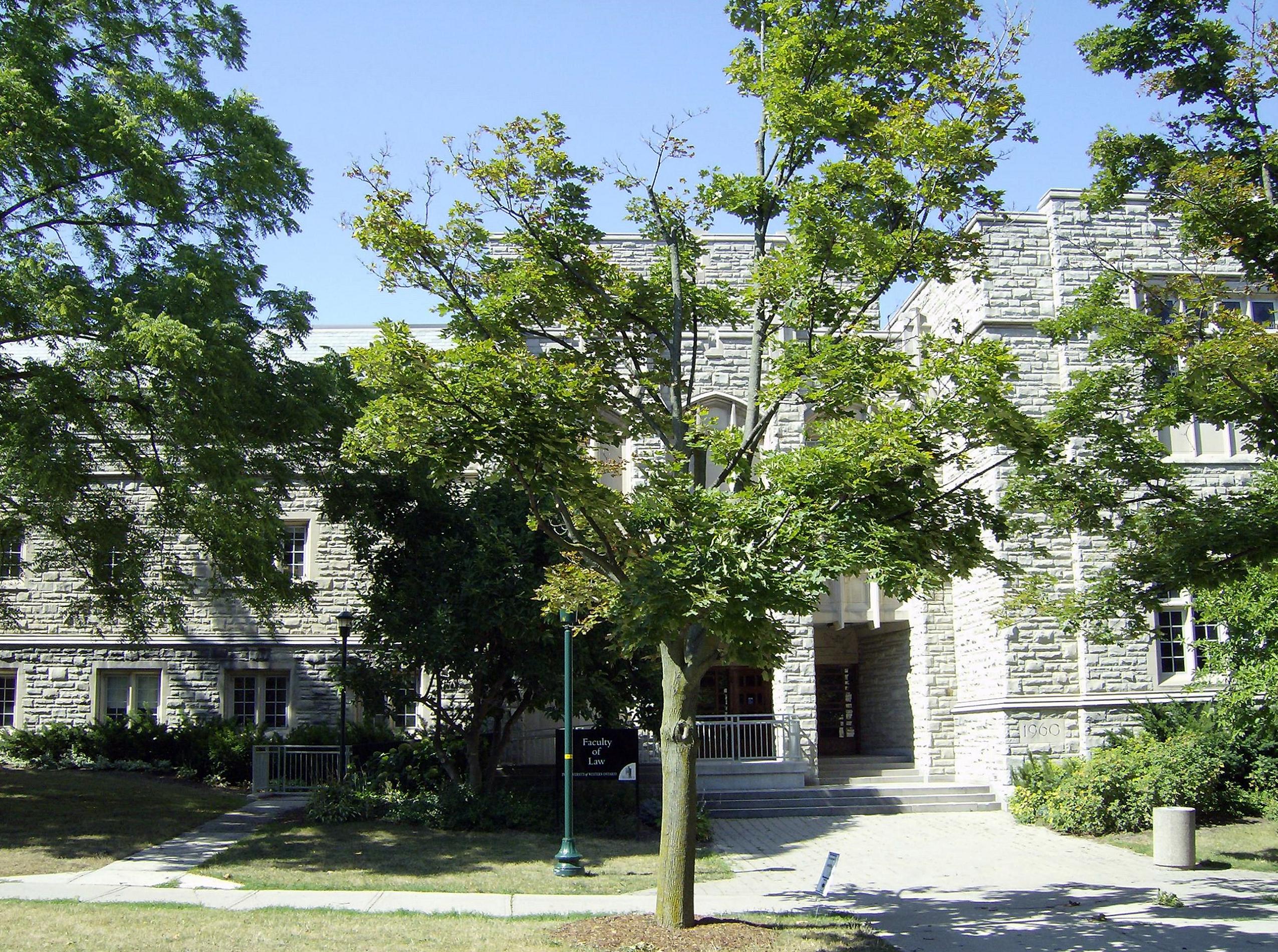|
Romania–Yugoslavia Relations
Romania–Yugoslavia relations were historical foreign relations between Romania (both Kingdom of Romania 1918-1947 and the People's or Socialist Republic of Romania 1947–1989) and now Breakup of Yugoslavia, broken up Yugoslavia (Kingdom of Yugoslavia 1918-1941 and Socialist Federal Republic of Yugoslavia 1945–1992). Relations between Romania and independent South Slavs, South Slavic states (Romania–Serbia relations, primarily Serbia) developed before creation of Yugoslavia and union of Transylvania with Romania and those relations played prominent role during the Second Balkan War. Relations between the two states were generally friendly and were only occasionally affected by wider alliance policies. History Interwar period After the dissolution of Austria-Hungary both Romania and Yugoslavia established and cooperated in the framework of the Little Entente and the Balkan Pact. World War II During the World War II in Yugoslavia the country was divided in different directly ... [...More Info...] [...Related Items...] OR: [Wikipedia] [Google] [Baidu] |
Romania
Romania is a country located at the crossroads of Central Europe, Central, Eastern Europe, Eastern and Southeast Europe. It borders Ukraine to the north and east, Hungary to the west, Serbia to the southwest, Bulgaria to the south, Moldova to the east, and the Black Sea to the southeast. It has a mainly continental climate, and an area of with a population of 19 million people. Romania is the List of European countries by area, twelfth-largest country in Europe and the List of European Union member states by population, sixth-most populous member state of the European Union. Europe's second-longest river, the Danube, empties into the Danube Delta in the southeast of the country. The Carpathian Mountains cross Romania from the north to the southwest and include Moldoveanu Peak, at an altitude of . Bucharest is the country's Bucharest metropolitan area, largest urban area and Economy of Romania, financial centre. Other major urban centers, urban areas include Cluj-Napoca, Timiș ... [...More Info...] [...Related Items...] OR: [Wikipedia] [Google] [Baidu] |
Banat
Banat ( , ; ; ; ) is a geographical and Historical regions of Central Europe, historical region located in the Pannonian Basin that straddles Central Europe, Central and Eastern Europe. It is divided among three countries: the eastern part lies in western Romania (the counties of Timiș County, Timiș, Caraș-Severin County, Caraș-Severin, Arad County, Arad south of the Mureș (river), Mureș river, and the western part of Mehedinți County, Mehedinți); the western part of Banat is in northeastern Serbia (mostly included in Vojvodina, except for a small part included in the Belgrade, Belgrade Region); and a small northern part lies within southeastern Hungary (Csongrád-Csanád County). The region's historical ethnic diversity was severely affected by the events of World War II. Today, Banat is mostly populated by ethnic Romanians, Serbs and Hungarians, but small populations of other ethnic groups also live in the region. Nearly all are citizens of either Serbia, Romania or H ... [...More Info...] [...Related Items...] OR: [Wikipedia] [Google] [Baidu] |
Jovanka Broz
Jovanka Broz (; sr-Cyrl, Јованка Броз, Будисављевић; 7 December 1924 – 20 October 2013) was the First Lady of Yugoslavia from 1952 until 1980 as the wife of Yugoslav president Josip Broz Tito. She was a lieutenant colonel in the Yugoslav People's Army. Born in Lika, she joined the anti-fascist resistance movement in 1941 and served in the Partisan army during World War II, where she was wounded twice and awarded the Order of Bravery. In 1945, she was assigned as Tito’s personal secretary and later became his wife in 1952. As First Lady, she participated in numerous diplomatic events and hosted foreign leaders. In the 1970s, tensions with Tito’s close aides led to accusations of political interference, resulting in her isolation and eventual separation from Tito in 1977. After his death in 1980, she lived in near-complete seclusion under unofficial house arrest, without personal documents or a pension. Her living conditions deteriorated, and ... [...More Info...] [...Related Items...] OR: [Wikipedia] [Google] [Baidu] |
Josip Broz Tito
Josip Broz ( sh-Cyrl, Јосип Броз, ; 7 May 1892 – 4 May 1980), commonly known as Tito ( ; , ), was a Yugoslavia, Yugoslav communist revolutionary and politician who served in various positions of national leadership from 1943 until his death in 1980. During World War II, he led the Yugoslav Partisans, often regarded as the most effective Resistance during World War II, resistance movement in German-occupied Europe. Following Yugoslavia's liberation in 1945, he served as its Prime Minister of Yugoslavia, prime minister from 1945 to 1963, and President of Yugoslavia, president from 1953 until his death in 1980. The political ideology and policies promulgated by Tito are known as Titoism. Tito was born to a Croat father and a Slovene mother in Kumrovec in what was then Austria-Hungary. Drafted into military service, he distinguished himself, becoming the youngest sergeant major in the Austro-Hungarian Army of that time. After being seriously wounded and captured by th ... [...More Info...] [...Related Items...] OR: [Wikipedia] [Google] [Baidu] |
Nicolae Ceaușescu
Nicolae Ceaușescu ( ; ; – 25 December 1989) was a Romanian politician who was the second and last Communism, communist leader of Socialist Romania, Romania, serving as the general secretary of the Romanian Communist Party from 1965 until Trial and execution of Nicolae and Elena Ceaușescu, his execution in 1989. Widely regarded as a dictator, he was the country's head of state from 1967 to 1989, serving as President of the State Council of Romania, State Council from 1967 and as the first President of Romania, president from 1974. He was overthrown and executed in the Romanian Revolution on 25 December 1989 along with his wife Elena Ceaușescu, as part of a series of Anti-communism, anti-communist uprisings in Eastern Europe that year. Born in 1918 in Scornicești, Ceaușescu was a member of the Romanian Communist youth movement. He was arrested in 1939 and sentenced for "conspiracy against social order", spending the time during World War II in prisons and internment ... [...More Info...] [...Related Items...] OR: [Wikipedia] [Google] [Baidu] |
Slavko Goldstein
Slavko Goldstein (22 August 1928 – 13 September 2017) was a Croatian historian, politician, and fiction writer. Biography Early life Slavko Goldstein was born in Sarajevo in the Jewish family of Ivo and Lea Goldstein. His grandfather Aron had come to Karlovac, which was at the time in the Austro-Hungarian Empire, in 1890 from Transylvania. There he worked in Lisander Reich's bookshop, and married the latter's sister Adolfa. The Goldsteins then opened a trade in Topusko, and later moved to Orljavac. From there, they moved to Tuzla where they opened a store and where Slavko's father Ivo (''Izchak'') was born. After he graduated agronomy in Vienna, Slavko's father returned briefly to Tuzla and, as a convinced Zionist, moved to Mandatory Palestine. He lived in an agricultural kibbutz near Haifa. In 1928, with his wife Lea, whom he had met in Palestine, he returned to the Kingdom of Yugoslavia – not in Tuzla with his father, but in Karlovac where he took over the bookshop fr ... [...More Info...] [...Related Items...] OR: [Wikipedia] [Google] [Baidu] |
Ivo Goldstein
Ivo Goldstein (; born 16 March 1958) is a historian, author and ambassador from Croatia. Goldstein is a recipient of the Order of Danica Hrvatska (2007) and the City of Zagreb Award (2005). Biography Education Ivo Goldstein graduated from the Classical Gymnasium in Zagreb and in 1976 he enrolled into undergraduate History studies at the Faculty of Humanities and Social Sciences, University of Zagreb where he graduated in 1979. In 1988, he received his doctorate from the Faculty of Philosophy, University of Belgrade in what was then Yugoslav constituent Socialist Republic of Serbia. His doctoral thesis was entitled ″''Byzantium on the Adriatic from Justinian I to Basil II (6th-9th Century)''″. At three separate occasions he spent a longer study abroad or research periods at the prestigious School for Advanced Studies in the Social Sciences in Paris (1981/1982), at the National and Kapodistrian University of Athens (1987/1988) and the Imre Kertész Kolleg at the Univ ... [...More Info...] [...Related Items...] OR: [Wikipedia] [Google] [Baidu] |
University Of Western Ontario
The University of Western Ontario (UWO; branded as Western University) is a Public university, public research university in London, Ontario, Canada. The main campus is located on of land, surrounded by residential neighbourhoods and the Thames River (Ontario), Thames River bisecting the campus's eastern portion. The university operates twelve academic faculties and schools. The university was founded on 7 March 1878 by Bishop Isaac Hellmuth of the Diocese of Huron, Anglican Diocese of Huron as The Western University of London, Ontario. It incorporated Huron University College, Huron College, which had been founded in 1863. The first four faculties were Arts, Divinity, Law and Medicine. The university became non-denominational in 1908. Beginning in 1919, the university had affiliated with several denominational colleges. The university grew substantially in the Post-war, post-World War II era, and a number of faculties and schools were added. Western is a co-educational univer ... [...More Info...] [...Related Items...] OR: [Wikipedia] [Google] [Baidu] |
East Bloc
The Eastern Bloc, also known as the Communist Bloc (Combloc), the Socialist Bloc, the Workers Bloc, and the Soviet Bloc, was an unofficial coalition of communist states of Central and Eastern Europe, Asia, Africa, and Latin America that were aligned with the Soviet Union and existed during the Cold War (1947–1991). These states followed the ideology of Marxism–Leninism, in opposition to the capitalist Western Bloc. The Eastern Bloc was often called the "Second World", whereas the term "First World" referred to the Western Bloc and "Third World" referred to the non-aligned countries that were mainly in Africa, Asia, and Latin America but notably also included former pre-1948 Soviet ally Yugoslavia, which was located in Europe. In Western Europe, the term Eastern Bloc generally referred to the USSR and Central and Eastern European countries in the Comecon (East Germany, Poland, Czechoslovakia, Hungary, Romania, Bulgaria, and Albania). In Asia, the Eastern Bloc comprised Mon ... [...More Info...] [...Related Items...] OR: [Wikipedia] [Google] [Baidu] |
Warsaw Pact Invasion Of Czechoslovakia
On 20–21 August 1968, the Czechoslovak Socialist Republic was jointly invaded by four fellow Warsaw Pact countries: the Soviet Union, the Polish People's Republic, the People's Republic of Bulgaria, and the Hungarian People's Republic. The invasion stopped Alexander Dubček's Prague Spring liberalisation reforms and strengthened the authoritarian wing of the Communist Party of Czechoslovakia (KSČ). About 250,000 Warsaw Pact troops (afterwards rising to about 500,000), supported by thousands of tanks and hundreds of aircraft, participated in the overnight operation, which was code-named Operation Danube. The Socialist Republic of Romania and the People's Republic of Albania refused to participate. East German forces, except for a small number of specialists, were ordered by Moscow not to cross the Czechoslovak border just hours before the invasion, because of fears of greater resistance if German troops were involved, due to public perception of the previous German oc ... [...More Info...] [...Related Items...] OR: [Wikipedia] [Google] [Baidu] |
Eastern Bloc
The Eastern Bloc, also known as the Communist Bloc (Combloc), the Socialist Bloc, the Workers Bloc, and the Soviet Bloc, was an unofficial coalition of communist states of Central and Eastern Europe, Asia, Africa, and Latin America that were aligned with the Soviet Union and existed during the Cold War (1947–1991). These states followed the ideology of Marxism–Leninism, in opposition to the Capitalism, capitalist Western Bloc. The Eastern Bloc was often called the "Second World", whereas the term "First World" referred to the Western Bloc and "Third World" referred to the Non-Aligned Movement, non-aligned countries that were mainly in Africa, Asia, and Latin America but notably also included former Tito–Stalin split, pre-1948 Soviet ally Socialist Federal Republic of Yugoslavia, Yugoslavia, which was located in Europe. In Western Europe, the term Eastern Bloc generally referred to the USSR and Central and Eastern European countries in the Comecon (East Germany, Polish Peo ... [...More Info...] [...Related Items...] OR: [Wikipedia] [Google] [Baidu] |





